What Is The Role Of The Cardiologist?
A cardiologist specializes in the cardiovascular system, which includes the heart, arteries and veins. Cardiologists work in private practice and in hospitals meeting patients, diagnosing their cardiac problems and then treating those conditions.
Cardiologists have far-reaching education, which includes medical school plus training in general internal medicine followed by specialized training in cardiology. The total time spent training is ten or more years. To become certified as a cardiologist one must pass a rigorous exam that tests knowledge, judgment and ability to offer superior care.
When to See a Cardiologist
If your physician feels that you may have a significant heart condition, he/she may want you to see a cardiologist for a further work-up. Chest pains, shortness of breath, or dizzy spells are just a few symptoms that could indicate you should see a cardiologist for more testing. A cardiologist can assist one in returning to full health after a heart attack, treat serious heart rhythm problems, prevent heart disease or treat heart disease so that patients can lead normal lives. Cardiologists are skilled in heart surgery, balloon angioplasty, and cardiac catheterization.
The process of seeing a cardiologist is as follows:
#1 Consultation
A cardiologist will first meet with a patient when they first begin to experience symptoms. This could be at any stage of the disease. The cardiologist will continue to see you after treatment for continuing care. The doctors will listen to your concerns and make recommendations for lifestyle changes and medical treatment to improve your condition.
#2 Testing
The cardiologist will run tests to determine what is wrong with your heart and/or blood vessels. An echocardiogram, which looks for abnormalities, is the most commonly used test, along with the stress test. There are other tests that can be used including a cardio MRI, ECG, and kidney function tests.
Some cardiologists use a catheter for diagnosing heart problems. A small tube with a camera into the artery that is near the heart, and pictures are taken, which help the cardiologist determine what’s going on.
#3 Treatments
Once your cardiologist determines what the problem is recommended treatments will be discussed including prescription medications, dietary changes and surgery. Sometime minimally invasive treatments such as placing a pacemaker or a stent will be done, while other times more serious bypass surgery or ablation will be the solution.
#4 Monitoring
Your cardiologist will continue to regularly monitor you whether you have surgery or are prescribed medications, to see how well your treatment protocol is working. Once you are stable how often you will be required to see your cardiologist will often decrease and at some point if you are considered cured you may no longer have to see your cardiologist.
Cardiologists are key players in the treatment of heart disease and that role continues to expand often including diabetes, erectile dysfunction and HIV infection all of which can be linked to heart disease or heart conditions. Cardiologists can also specialize in the various areas of heart disease.
If you are sent to a cardiologist, know that you are in the very best hands for treatment and diagnosis of your heart condition.






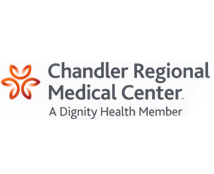
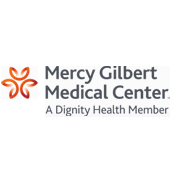
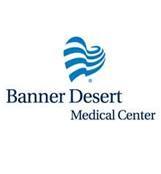
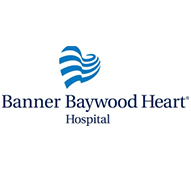
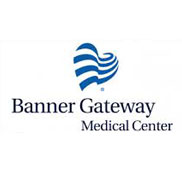
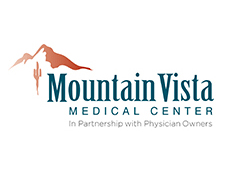
Leave a Reply